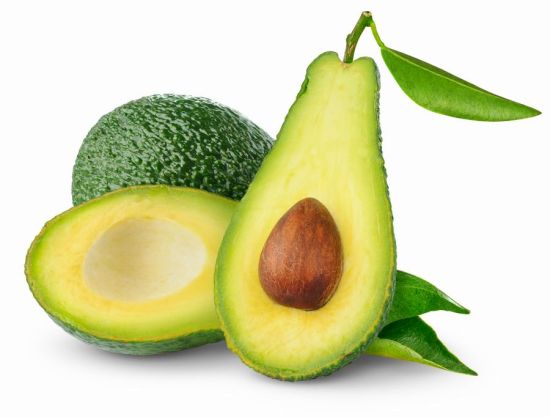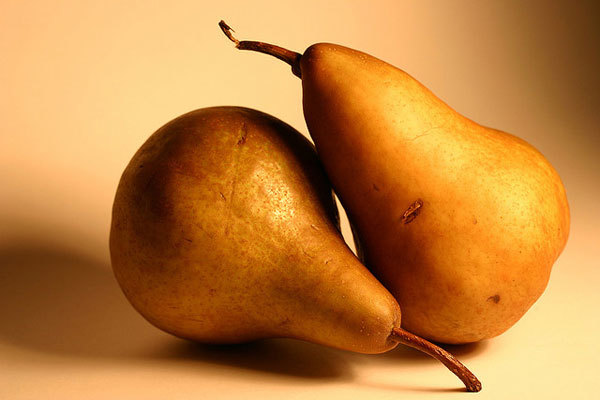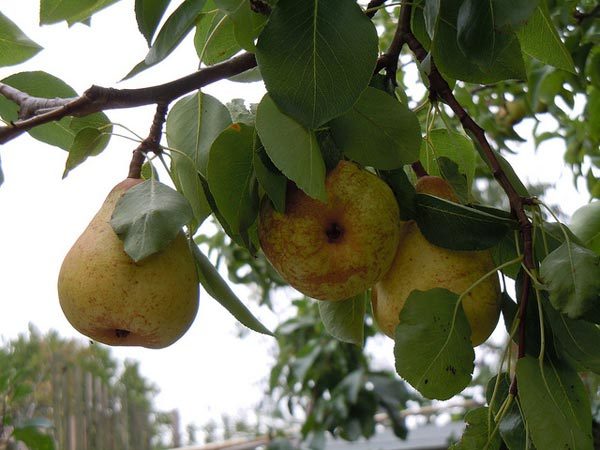The health benefits of potassium include relief from stroke, blood pressure, heart and kidney disorders, anxiety and stress, as well as enhanced muscle strength, metabolism, water balance, electrolytic functions, and nervous system.
Potassium, the third most abundant mineral in human body, is a powerful element in improving health. It contains the components for maintaining a high level of well-being and an improved lifestyle. You should not underestimate the importance of potassium in your dietary plan.
Apart from acting as an electrolyte, this mineral is required for keeping the heart, brain, kidney, muscle tissue and other important organ systems of the human body in good condition. Potassium chloride is the main variety of this mineral, and it works in association with sodium to perform a number of critical body tasks.
Deficiency Symptoms
Deficiency of any nutrient in the body is undesirable and potassium is not an exception. A diet deficient in potassium may lead to symptoms like fatigue and muscle weakness. Other indications for a deficiency of potassium include inactive reflexes, abnormal heartbeat, heart palpitations, anaemia and severe headaches. Potassium-deficient people may also experience high blood pressure, pain in their intestines, swelling in their glands and diabetes as serious side effects of this deficiency.
Important Sources of Potassium
A balanced diet must contain a fair quantity of potassium, as per the recommendations of health experts. The most important dietary sources of potassium are citrus fruits, vegetables and grains. Also, you can get an ample amount of potassium from salmon, chicken, whole milk, fresh fruit juices and almonds. Apart from those, nuts, lime beans, potatoes and poultry are other products to be included in the potassium boosting list. However, the most important sources of potassium are avocados, bananas and coconut water.
Health Benefits of Potassium
Potassium is often considered an essential health nutrient, due to its numerous health benefits.
Stroke: Potassium plays an important role in keeping brain function at a normal level. High levels of potassium allow more oxygen to reach the brain, thereby stimulating neural activity and increasing cognitive function. There is a good reason why people call bananas brain food; they contain impressively high levels of potassium!
It is of great importance in preventing the occurrence of stroke in the human brain. It is not secret that people at high risk for this tragic condition are often found to be deficient in this essential nutrient.Since potassium acts as a vasodilator, the blood vessels relax throughout the body when proper amounts of potassium are consumed. This means that blood flows more freely, and is less likely to clot and break off to cause strokes.
Low blood sugar: A decrease in the potassium level causes a drop in blood sugar. Decreases in blood sugar can cause sweating, headache, weakness, trembling and nervousness. An intake of potassium chloride and sodium provides immediate relief from such situations. This is also why diabetic patients are encouraged to keep their potassium levels normal, to reduce the chances of unpredictable spikes and plunges in their glucose and insulin levels by stabilizing the blood sugar levels throughout the body.
Muscle disorders: Potassium plays an important role in regular muscle contraction. A sufficient concentration of potassium is required for the regular contraction and relaxation muscles. Most of the potassium ions in the human body are located in the muscle cells. It maintains optimal muscle and nerve function, and helps to keep our reflexes fast because it stimulates the neural connectivity of muscles and the brain!
Cramps: Muscle cramps are a common result of low levels of potassium in the blood, a condition called hypokalemia. If you consume a banana every day, you can easily prevent muscle cramps because bananas have a rich potassium content, not to mention all of the other benefits of bananas!
Bone Health: The benefits of potassium even extend to improving the health of your bones. There are certain qualities of potassium which neutralize various acids throughout the body which retain and preserve calcium, making it inaccessible to use for bone strength and durability. Furthermore, a study at the Linus Pauling Institute Micronutrient Information Center claims that eating fruits and vegetables that have high levels of potassium results in higher mineral density in bones, further strengthening and prolonging the life of your bones!
Brain function: Potassium channels play a key role in maintaining the electrical conductivity of the brain and dramatically affect brain funtion. It is also involved in higher brain function like memory and learning. In addition to this, serious ailments like epilepsy are related to the dysfunction of potassium channels that can occur through potassium deficiency. There are actually potassium currents that play a major role in mammalian neurones. These channels are interconnected with a vast array of neural function and can help moderate and regulate electrical currents throughout the body!
Blood Pressure: Potassium is helpful in reversing the role of sodium in unbalancing normal blood pressure. Thus, it acts as a vital component that maintains the normality of blood pressure in the human body. This further reduces the risk of heart diseases and hypertension. Regulation of blood pressure is one of the most important functions of this powerful mineral. As mentioned earlier, potassium has vasodilating properties that work to relieve the tension of blood vessels, which is one of the main causes of high blood pressure.
Muscular Strength: One of the most useful benefits of potassium is its role in ensuring the proper growth of muscle tissues and the proper utilization of energy released during metabolism, which adds significantly to muscular strength. The muscles, including those all-important cardiac muscles, are prone to paralysis due to a deficiency of potassium in a person’s diet.
Stimulating cell growth and providing the metabolic energy to do so is a vital function of potassium, and muscular health would be compromised without it. Also, without the contractions and relaxations that potassium allows muscles to perform, exercise and additional muscle training would be impossible!
Metabolism: Potassium assists in the metabolic processing of various nutrients like fats and carbohydrates. Thus, potassium is of great value in extracting the energy from nutrients that are consumed. Studies have shown that potassium is also integral in the synthesis of proteins, which have an impact of tissue regeneration, cell growth, and an overall balanced metabolism.
Anxiety and Stress:Potassium is of great importance for people suffering from undesirable mental states like anxiety and stress. It is considered as a powerful stress buster and therefore ensures the efficient mental performance of the human body. Anxiety and stress are so detrimental to other parts of health that any bonus from things like potassium are considered a very good idea if you suffer from chronic stress. Potassium can help regulate various hormones in your body, including stress hormones like cortisol and adrenaline, excess amounts of which can be quite detrimental to a wide array of the body’s systems.
Heart and Kidney Disorders: The health benefits of potassium ensure good health for the heart as well as the kydneys. It plays an irreplaceable role in regulating the functions of the metabolism and keeping the heart and kidneys running smoothly. Additionally, this mineral assists kidneys in removing waste through the process of excretion. However, it is strongly advised to consult your doctor to get recommendations about potassium dosage, because potassium can help stimulate the body to absorb more calcium than necessary, which can actually calcify and cause kidney problems, rather than solve them.
Water Balance: Another significant role that potassium plays is in the maintenance of an optimal fluid balance in the human body. Different types of cells require a proper water balance for efficient functioning and potassium aids these cells in regulating the balance. Fluid balance keeps all of our organ systems functioning in one way or the other, which is why many people recommend eating bananas after athletic events, or after a heavy night of drinking, in order to rehydrate and optimize fluid balance.
Electrolytes: Potassium is also a great electrolyte in the human body. It helps in regulating the level of fluids in the body and thus aids in a number of critical body functions. Furthermore, electrolytes help to transmit electrical charges throughout the body from the brain and nervous system, so extra electrolytes keep everything functioning faster and more efficiently in the body!
Nervous System: In connection to the previous point about electrolytes, potassium helps to boost the efficiency of nerve reflexes that transmit message from one body part to another. This in turn helps in muscle contraction to perform various activities every day without tiring quickly, which are further benefited by potassium, which is required to induce muscle contraction and function.
A Few Words of Caution: It is definitely possible to have too much of a good thing. Excess potassium in the body, for example, from patients with kidney issues that cannot properly process potassium, may have dangerously high levels. This can lead to heart disease, muscle paralysis, trouble breathing, tingling in the hands and feet, heart arrhythmia, and nausea. Potassium can be a miraculous addition to certain diets, but always be careful that you don’t overdo, and if you choose to take potassium supplements on top of a change to your diet, consult your doctor first!






